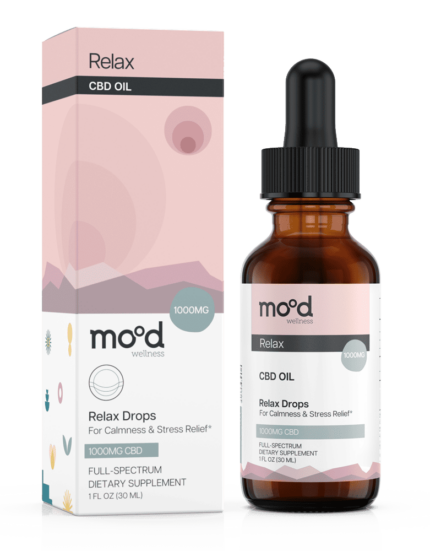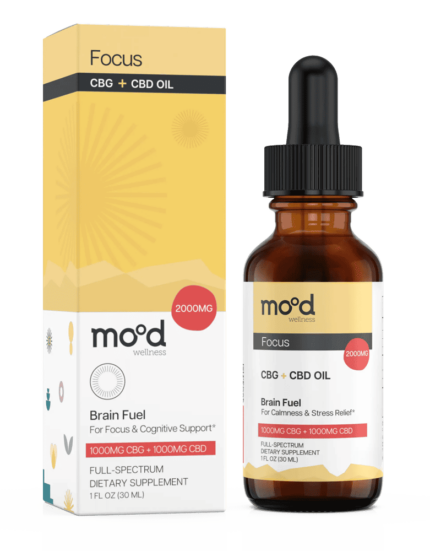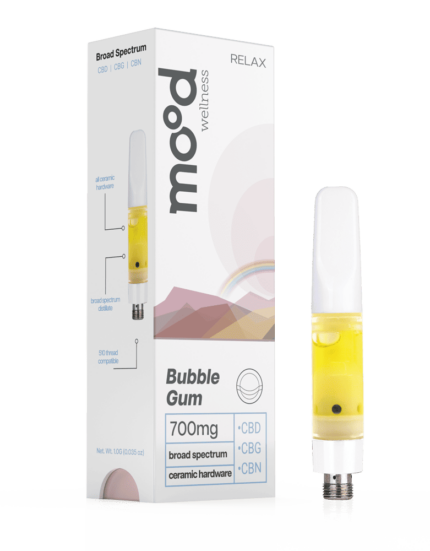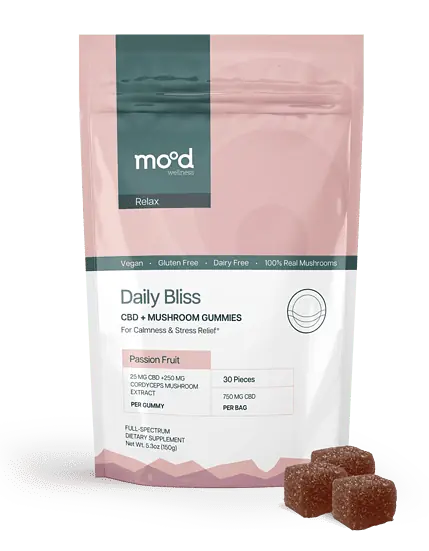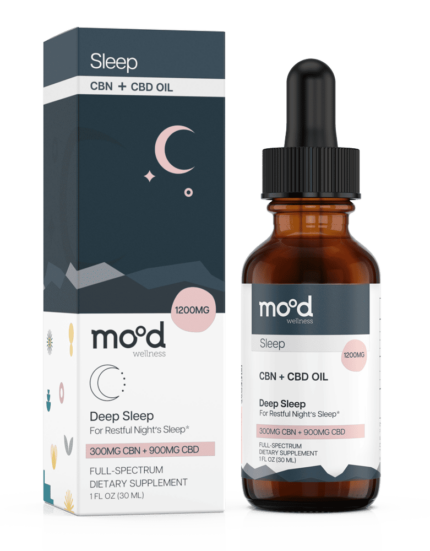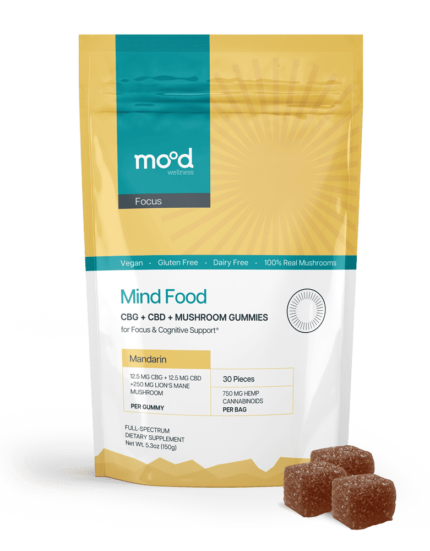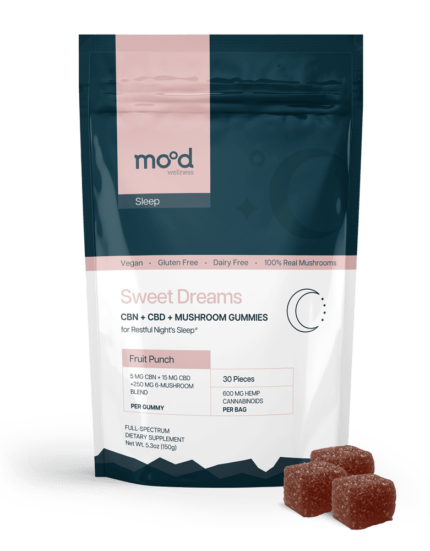CBD, short for cannabidiol, is a naturally occurring compound found in the cannabis plant. It has gained immense popularity in recent years due to its potential benefits, including pain relief, stress reduction, and improved sleep.
However, despite its numerous therapeutic properties, CBD can interact with other drugs in potentially harmful ways.
In this article, we will explore the various interactions between CBD and other drugs and provide a comprehensive table listing the most common drugs that interact with CBD.
Understanding CBD and Drug Interactions
CBD is metabolized in the liver by a group of enzymes collectively known as cytochrome P450 (CYP450).
These enzymes are responsible for breaking down many medications in the body, including over-the-counter drugs, prescription medications, and even some herbal supplements. When CBD is introduced into the body, it can inhibit the CYP450 enzymes, which can alter the metabolism of other drugs, leading to potentially harmful drug interactions.
Furthermore, many drugs are metabolized by the same CYP450 enzymes that CBD inhibits, which means that co-administration of these drugs with CBD can lead to increased blood levels of the drugs, potentially resulting in adverse effects.
CBD and Grapefruit: A Surprising Drug Interaction
CBD and grapefruit share a common metabolic pathway in the liver,
which means that they can interact with many of the same drugs.
In fact, the interaction between grapefruit and certain medications is so well-known that it has been dubbed the “grapefruit effect.”
Like grapefruit, CBD can also inhibit the CYP450 enzymes in the liver, leading to increased blood levels of certain medications.

Common Medications That Interact With CBD
The table below provides a list of common drugs that interact with CBD.
This list is not exhaustive, and there may be other medications that can interact with CBD that are not included here. It is important to speak with your healthcare provider before taking any new medications, including CBD, to ensure that they are safe to use together.
Disclaimer: This article is for informational purposes only and should not be considered medical advice. Always consult with a qualified healthcare professional before making any changes to your medications or health regimen
CBD and Drug Interactions List
| Drug Class | Drug Name | What it's Used to Treat | Risk Level |
|---|---|---|---|
| Amphetamines | Dextroamphetamine, Levoamphetamine, Methamphetamine | ADHD, narcolepsy | High |
| Angiotensin II Receptor Blockers | Losartan Potassium | High blood pressure, diabetic kidney disease | Moderate |
| Anti-anxiety | Buspirone | Anxiety | Moderate |
| Antiarrhythmics | Amiodarone Hydrochloride | Irregular heartbeat | Moderate |
| Antiarrhythmics | Dronedarone | Irregular heartbeat | Moderate |
| Antiarrhythmics | Dofetilide | Irregular heartbeat | Moderate |
| Antiarrhythmics | Disopyramide (Norpace) | Irregular heartbeat | Moderate |
| Antiarrhythmics | Propafenone Hydrochloride | Irregular heartbeat | Moderate |
| Antiarrhythmics | Quinidine | Irregular heartbeat | Moderate |
| Antibiotics | Ciprofloxacin | Bacterial infections | Moderate |
| Antibiotics | Levofloxacin | Bacterial infections | Moderate |
| Antibiotics | Doxycycline Hydrochloride | Bacterial infections | Low |
| Anticoagulants | Warfarin Sodium | Blood clots | Moderate |
| Anticonvulsants | Carbamazepine | Seizures, nerve pain | Moderate |
| Antidepressants | Sertraline | Depression, anxiety | Moderate |
| Antidepressants | Fluvoxamine Maleate | Obsessive-compulsive disorder | Moderate |
| Antidepressants | Amitriptyline Hydrochloride | Depression, nerve pain | Moderate |
| Antidiabetic Agents | Repaglinide | Type 2 diabetes | Moderate |
| Antifungal agents | Ketoconazole | Fungal infections | High |
| Antifungals | Itraconazole | Fungal infections | Moderate |
| Antihistamines | Astemizole, Terfenadine | Allergies | High |
| Antiparasitic | Praziquantel | Parasitic infections | Moderate |
| Antiplatelet agent | Clopidogrel | Blood clot prevention | Moderate |
| Anxiolytics | Buspirone Hydrochloride | Anxiety | Moderate |
| Aromatase inhibitors | Letrozole | Breast cancer | Moderate |
| Benzodiazepines | Clonazepam (Klonopin) | Anxiety, seizures, panic disorder | Moderate |
| Benzodiazepines | Nitrazepam, Alprazolam, Quazepam | Anxiety, insomnia, seizures | Moderate |
| Benzodiazepines | Clobazam | Anxiety, seizures | Moderate |
| Benzodiazepines | Diazepam | Anxiety, seizures, muscle spasms | Moderate |
| Benzodiazepines | Midazolam | Sedation, anesthesia | High |
| Benzodiazepines | Triazolam | Insomnia | High |
| Beta-blockers | Carvedilol | High blood pressure, heart failure | Moderate |
| Butyrophenones | Haloperidol | Psychotic disorders | Moderate |
| Calcium Channel Blockers | Amlodipine | High blood pressure, angina | Moderate |
| Calcium Channel Blockers | Diltiazem Hydrochloride | High blood pressure, angina | Moderate |
| Calcium Channel Blockers | Felodipine | High blood pressure | Moderate |
| Calcium Channel Blockers | Nifedipine | High blood pressure, angina | Moderate |
| Calcium Channel Blockers | Verapamil Hydrochloride | High blood pressure, angina | Moderate |
| Calcium channel blockers | Mibefradil, Verapamil Hydrochloride, Nimodipine | High blood pressure, migraines, subarachnoid hemorrhage | High |
| Calcium channel blockers | Mibefradil | High blood pressure, migraines, subarachnoid hemorrhage | High |
| Calcium channel blockers | Nimodipine | High blood pressure, migraines, subarachnoid hemorrhage | High |
| Cardiac Glycosides | Digoxin | Heart failure, atrial fibrillation | Moderate |
| DE4 Inhibitors | Apremilast | Psoriasis, psoriatic arthritis | Moderate |
| Epidermal Growth Factor Receptor Inhibitors | Erlotinib | Non-small cell lung cancer, pancreatic cancer | Moderate |
| Erectile Dysfunction Agents | Sildenafil | Erectile dysfunction | Moderate |
| Erectile Dysfunction Agents | Tadalafil | Erectile dysfunction | Moderate |
| Ergot alkaloids | Ergotamine | Migraines | High |
| HMG-CoA reductase inhibitors (statins) | Simvastatin | High cholesterol | Moderate |
| Hormones | ASTROGEN | Hormone replacement therapy | Moderate |
| Hormones | Testosterone Esters | Hormone replacement therapy, hypogonadism | Moderate |
| Hormones | Estrogens | Hormone replacement therapy | Moderate |
| Immunosuppressants | Cyclosporin | Organ transplant rejection | High |
| Immunosuppressants | Tacrolimus | Organ transplant rejection, autoimmune diseases | High |
| Kinase Inhibitors | Imatinib | Chronic myelogenous leukemia | Moderate |
| Macrolide antibiotics | Clarithromycin | Bacterial infections | Moderate |
| Macrolide antibiotics | Erythromycin | Bacterial infections | Moderate |
| Nitroimidazole Antibiotics | Metronidazole | Bacterial infections, parasitic infections | Moderate |
| Opioid Analgesics | Oxycodone Hydrochloride | Moderate to severe pain | Moderate |
| Opioids | Methadone | Pain management, opioid dependence | Moderate |
| Opioids | Buprenorphine Hydrochloride | Moderate to severe pain, opioid addiction treatment | Moderate |
| Opioids | Codeine Phosphate | Mild to moderate pain | Moderate |
| Protease inhibitors | Ritonavir | HIV | High |
| Proton Pump Inhibitors | Esomeprazole | GERD, ulcers | Moderate |
| Proton Pump Inhibitors | Omeprazole | Gastroesophageal reflux disease, ulcers | Moderate |
| Selective Estrogen Receptor Modulators | Tamoxifen Citrate | Breast cancer | Moderate |
| Statins | Atorvastatin | High cholesterol | Moderate |
| Statins | Fluvastatin | High cholesterol | Moderate |
| Statins | Lovastatin | High cholesterol | High |
| Tricyclic antidepressants | Clomipramine | Depression, OCD | Moderate |
| Bronchodilator | Theophylline | Asthma, chronic obstructive pulmonary disease (COPD) | Moderate |
| Hormone Replacement Therapy | Estrogen | Menopausal symptoms, osteoporosis | High |
** It is important to note that the potential interactions listed in the table above are not absolute,
and the degree of interaction can vary depending on the individual and the specific drugs.
Risks and Side Effects of CBD and Drug Interactions
While CBD can have many potential health benefits, there are some risks and side effects associated with combining CBD with other medications. These include:
- Increased risk of side effects: When CBD interacts with other medications, it can increase the risk of side effects, including dizziness, nausea, and fatigue.
- Changes in medication effectiveness: CBD can also affect the effectiveness of certain medications, making them less effective.
- Potential for drug toxicity: In some cases, CBD can increase the levels of medication in the bloodstream, which can lead to drug toxicity.
How to Minimize the Risk of CBD and Drug Interactions
To minimize the risk of adverse drug interactions with CBD, it is important to speak with your healthcare provider before taking any new medications, including CBD.
Your healthcare provider can provide guidance on whether it is safe to use CBD with your current medications and recommend any necessary adjustments to your medication regimen.
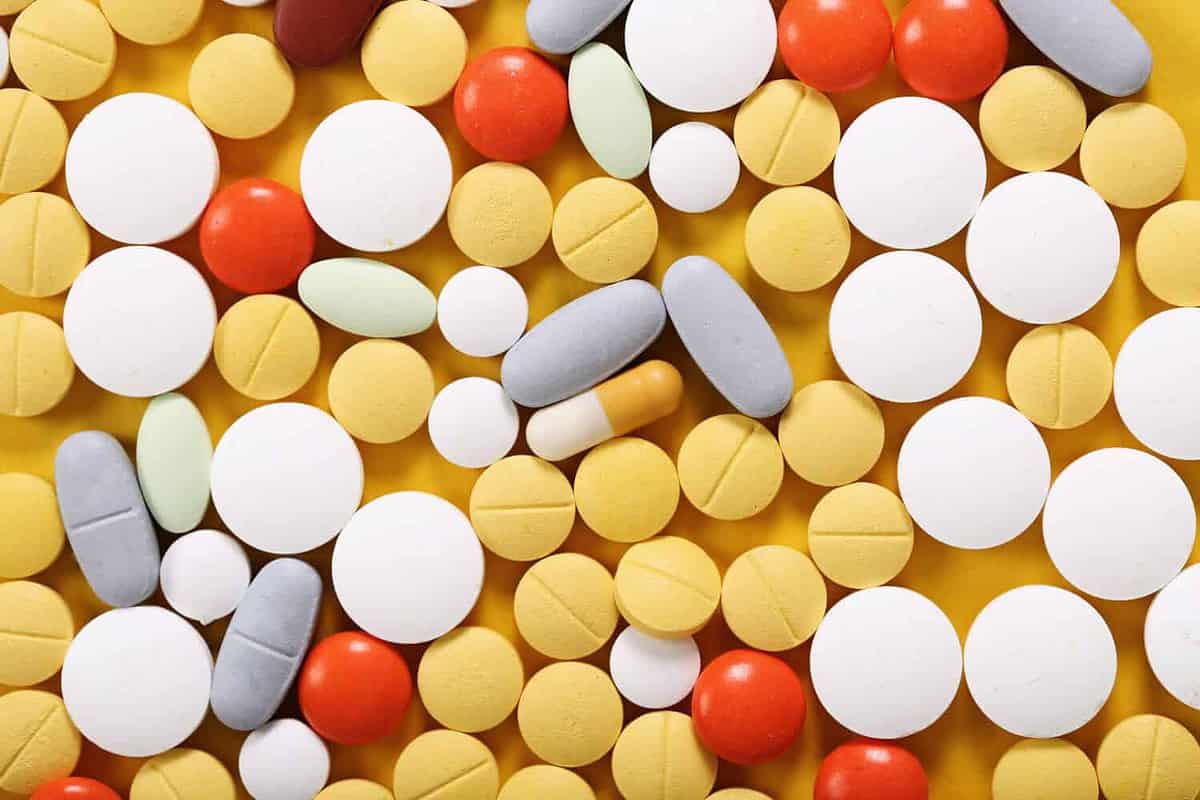
Who is most at risk for CBD interactions?
While anyone taking medication should be aware of the potential for drug interactions, there are some groups of people who may be at higher risk for CBD interactions:
- Individuals taking multiple medications: Those who take multiple medications are more likely to experience drug interactions in general, including those with CBD.
- People with liver or kidney disease: CBD is metabolized in the liver and excreted through the kidneys, so those with liver or kidney disease may have difficulty processing CBD, leading to an increased risk of side effects or interactions.
- Elderly individuals: The elderly are more likely to be taking multiple medications and may also have age-related declines in liver and kidney function, making them more vulnerable to CBD interactions.
- Children: CBD is not typically recommended for use in children, but for those who do use it, they may be at increased risk for interactions due to differences in how their bodies process medications compared to adults. It’s important to consult with a pediatrician before giving any medication to a child, including CBD.
Does the CBD consumption method matter?
CBD can be consumed in a variety of ways, including via tinctures, oils, edibles, and topicals. Each consumption method offers its own benefits and drawbacks with regard to the speed at which CBD takes effect. While it is not always easy to predict how an individual might react to a specific form of CBD consumption, it is important to be mindful of possible drug interactions.
Inhaled forms of CBD, such as smoking or vaping, are more likely to reach high concentrations quickly than edibles. However, it is important to note that these inhalation methods may have a greater potential for possible drug interactions due to the higher concentration of the medication entering the bloodstream.
On the other hand, topical formulations are unlikely to absorb into the bloodstream enough to interact with other medications.
It is important to always speak with your doctor before consuming any form of CBD, as they can provide insight on possible drug interactions and recommend the safest course of action. Additionally, it is also wise to be mindful of how much CBD you are taking at one time
Can CBD interact with other cannabinoids?
Yes, CBD can interact with other cannabinoids.
These interactions are called the entourage effect and this is an important part of how CBD works to produce its beneficial effects on our bodies and mind.
The entourage effect describes the combined impact of various active compounds found in plants that synergize to create a stronger effect than any single compound would have on its own.
CBD interacts with other cannabinoids, such as THC, terpenes, and flavonoids, to create a stronger effect than one single compound would have on its own.
This is why full-spectrum CBD oils are more effective than many isolated compounds found in hemp extract. The entourage effect has been seen to produce greater therapeutic effects compared to CBD isolate and can help reduce many of the side effects associated with CBD. By including an array of cannabinoids, terpenes and flavonoids in your product, you can create a unique blend that has improved effectiveness compared to stand-alone products.
Summary
- Cannabidiol (CBD), a naturally occurring compound found in the cannabis plant,
It’s can interact with other drugs and herbal supplements in potentially harmful ways. - CBD is metabolized by the same CYP450 enzymes as grapefruit,
leading to potential interactions with certain medications. - Common drugs that interact with CBD include antibiotics, anticoagulants, antidepressants, and more.
- Those taking multiple medications are most at risk for experiencing drug interactions when using CBD; it’s important to speak with your healthcare provider before taking any new medication including CBD.
- The method used for consuming CBD may affect its potential for interaction.
